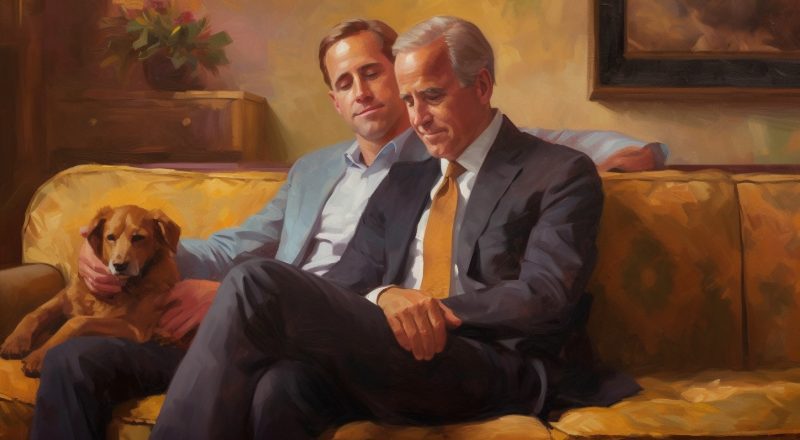
After another ‘James Comey’ type moment for the Justice Department, U.S. President Joe Biden has to robustly defended his memory and mental acuity in response to a special counsel’s report.
This report, compiled by the Department of Justice’s special counsel Robert Hur, had scrutinized the President’s handling of classified documents during his tenure as Vice President and raised questions about his recollection of significant personal and political milestones.
The report characterized President Biden’s memory as having “significant limitations,” pointing out instances where he could not recall key dates, including the period he served as Vice President and the passing of his son, Beau Biden. It described Biden as a “sympathetic, well-meaning, elderly man with a poor memory” and suggested it would be challenging to prosecute him due to these perceived limitations.
During an emotional press conference at the White House, President Biden vehemently refuted these claims. He stated, “My memory is fine,” and expressed indignation, particularly over the mention of his late son, saying, “How the hell dare he raise that.” He also affirmed his competence and knowledge, emphasizing, “I’m well-meaning and I’m an elderly man and I know what the hell I’m doing.”
Despite the report’s observations, it concluded that no criminal charges against Biden were warranted. It acknowledged the discovery of classified documents from his vice-presidential era at his Delaware home and private office but noted that these were immediately handed over to the National Archives.
Interestingly, Biden’s response included an inadvertent gaffe when he mistakenly referred to Egypt’s President Abdel Fattah el-Sisi as the leader of Mexico while discussing international affairs. This incident further fueled the ongoing debate about his age and memory.
The President also took responsibility for the oversight related to the classified documents, attributing it to his staff’s actions. He underscored, “I take responsibility for not having seen exactly what my staff was doing,” and pointed out the immediate steps taken to rectify the situation once discovered.
This issue comes at a critical time, as the U.S. heads towards the November elections, with President Biden likely to seek re-election. The report and Biden’s reaction to it have become focal points in the political discourse, especially in the context of his potential candidacy and the public’s concerns about his age and capabilities.
These events have unfolded in the backdrop of a separate investigation involving former President Donald Trump, who faces charges related to his handling of official documents at his Florida residence. This comparison between the cases of Biden and Trump highlights the nuanced and complex nature of legal and ethical considerations surrounding the handling of classified materials by high-ranking officials.